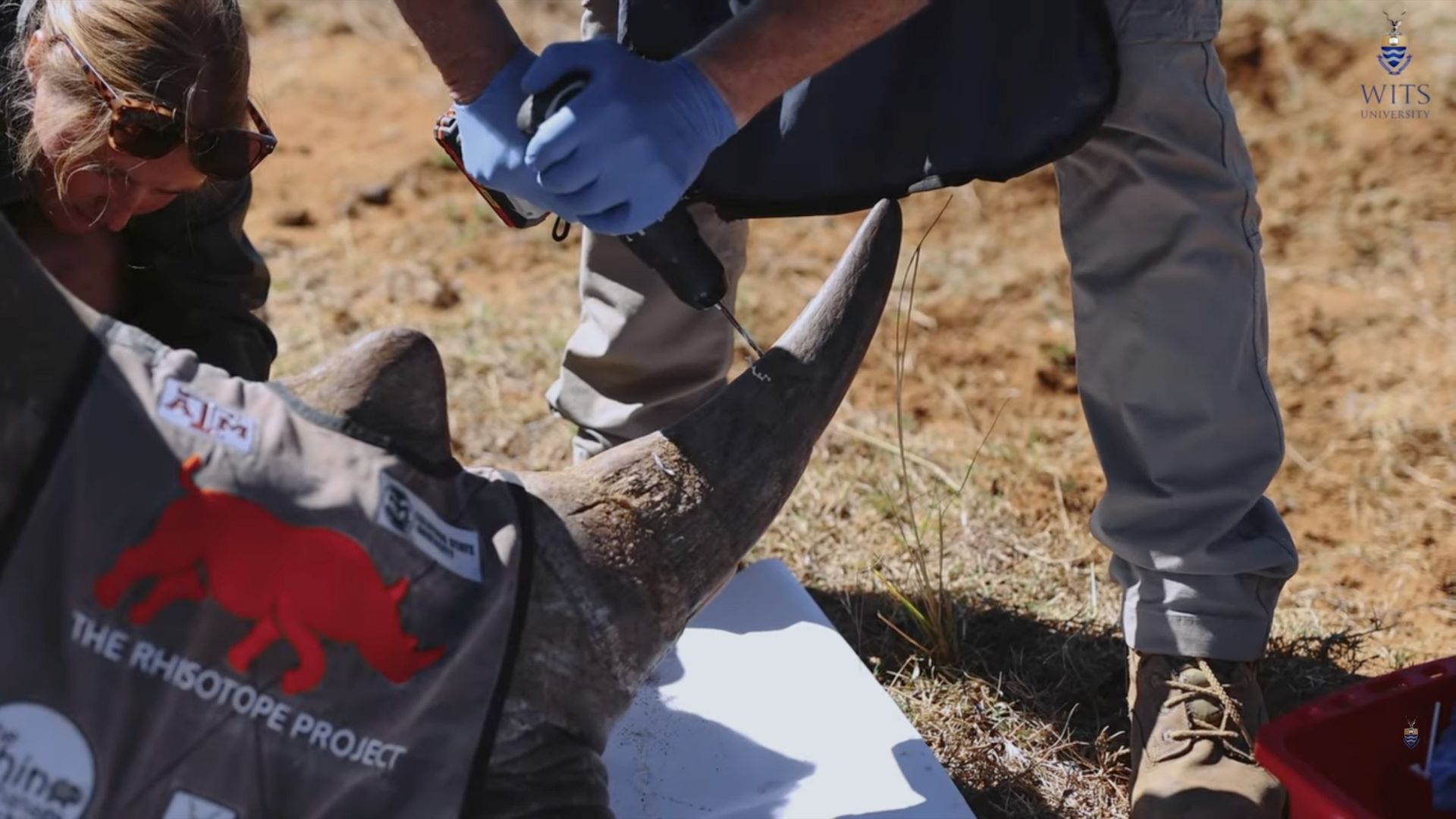South Africa makes rhino horns radioactive to fend off poachers

Source: interestingengineering
Author: @IntEngineering
Published: 8/1/2025
To read the full content, please visit the original article.
Read original articleThe Rhisotope Project, launched by South Africa’s University of the Witwatersrand, aims to combat rampant rhino poaching by injecting radioactive isotopes into rhino horns. This innovative approach involves harmless, low-level radioactive material that makes the horns detectable by radiation scanners used by customs officials worldwide. After a successful pilot study involving 20 rhinos, the project officially began with five rhinos injected, marking the start of a broader rollout. The radioactive tagging enables detection of horns even when hidden inside large shipping containers, a common smuggling method, thereby increasing the risk for traffickers and acting as a deterrent.
Rhino populations have drastically declined from around 500,000 in the early 1900s to just 27,000 today, with South Africa housing the largest population of about 16,000 but also experiencing the highest poaching rates—approximately 500 rhinos killed annually. The Rhisotope Project seeks to protect these endangered animals by encouraging private wildlife reserves and national conservation
Tags
energyradioactive-isotopeswildlife-conservationpoaching-preventionnuclear-detectionrhino-protectionradiation-safety